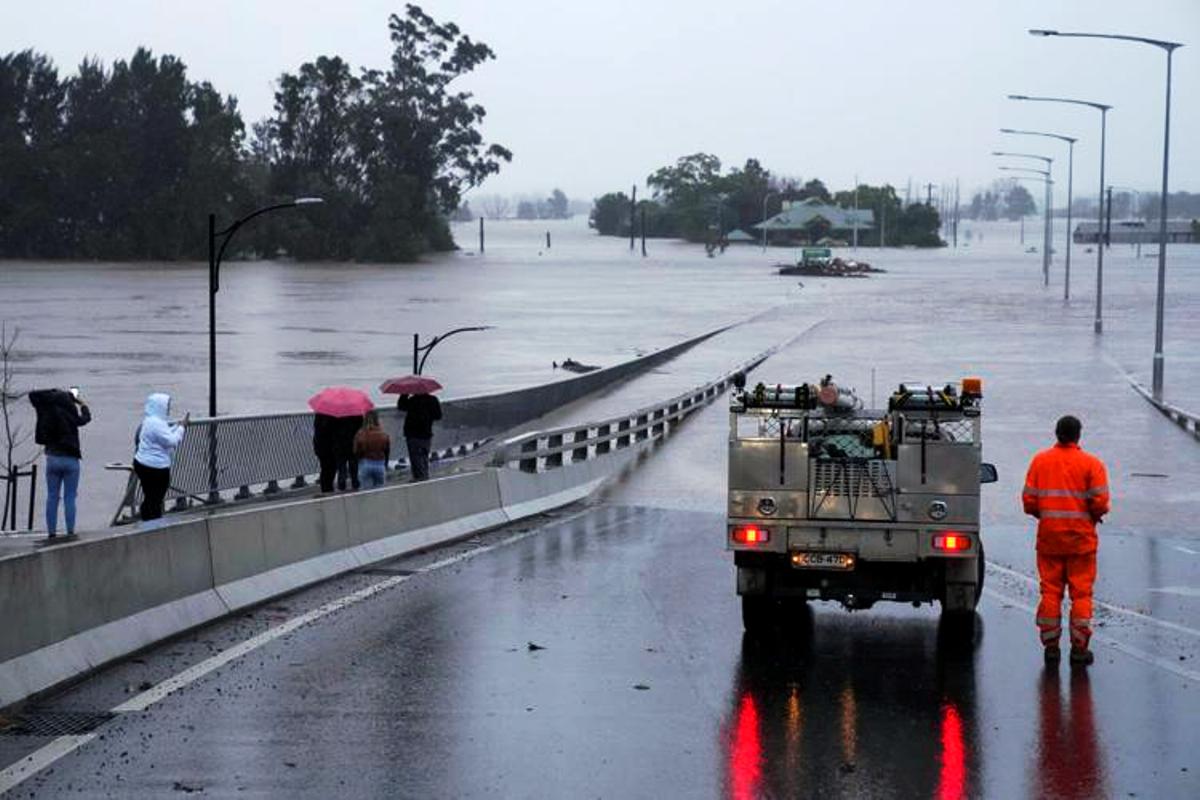
Commuters walk in the Central Business District at lunch time in Sydney June 28, 2013. REUTERS/Daniel Munoz
SYDNEY, Jan 6: The COVID pandemic has blown a million-person hole in Australia’s population projections in a challenge for an economy that has relied on having more consumers to drive growth, though a speedy recovery in migration promises to soften the blow.
Data in the government’s 2022 Population Statement out on Friday also showed COVID-19 lowered life expectancy for the first time in decades, though the impact in Australia was modest compared to many of its developed world peers.
Pandemic border closures in 2020 and 2021 saw population growth crater to just 0.1%, far below the 1.6% average of the previous decade, while net migration turned negative for the first time since World War Two.
One result has been a widespread shortage of suitable labour and a drop in the jobless rate to a 48-year low of 3.4%, pushing up wages and adding to inflationary pressures.
Population growth is expected to rebound to 1.4% in the year to June 2023 and hold around there in coming years, but that would still mean there will be 1.2 million fewer Australians by 2032/33 than forecast before the pandemic.
The population will also end up older than projected, with the median age seen at 39.8 years by 2030/31 compared to the 38.4 years forecast pre-pandemic.
Fortunately for frustrated employers, net migration is recovering faster than first feared and is expected to match the pre-pandemic trend of 235,000 a year in 2022/23, a major turnaround from 2020/21 when there was a net outflow of 85,000.
The rebound has been led by international students, with visa grants last year running at the highest since 2006, the report showed.
“However, the recovery in migration is not expected to fully offset the lost population growth during the pandemic, with Australia expected to remain smaller and older than would have otherwise been the case,” the report concluded.




COMMENTS